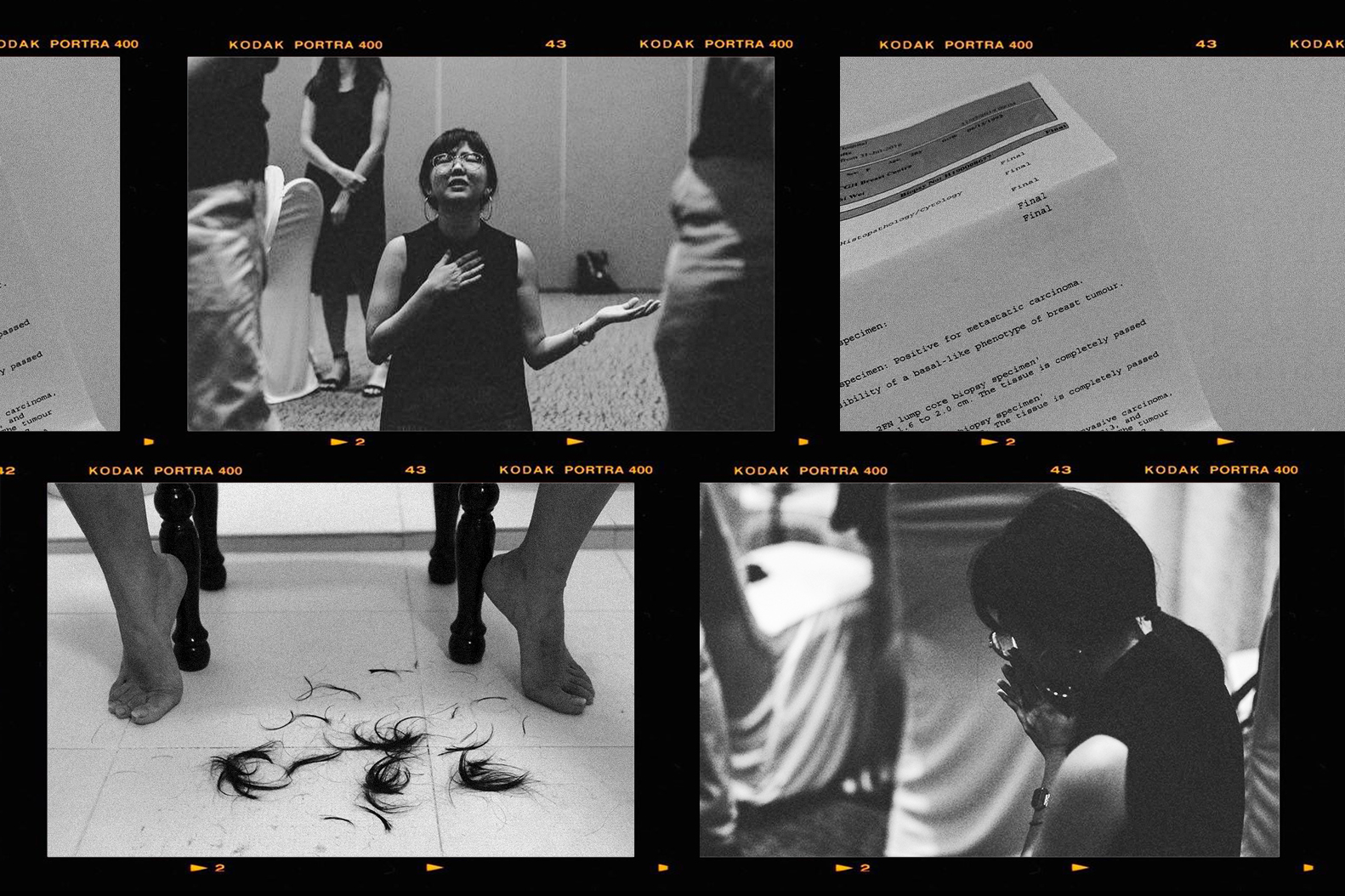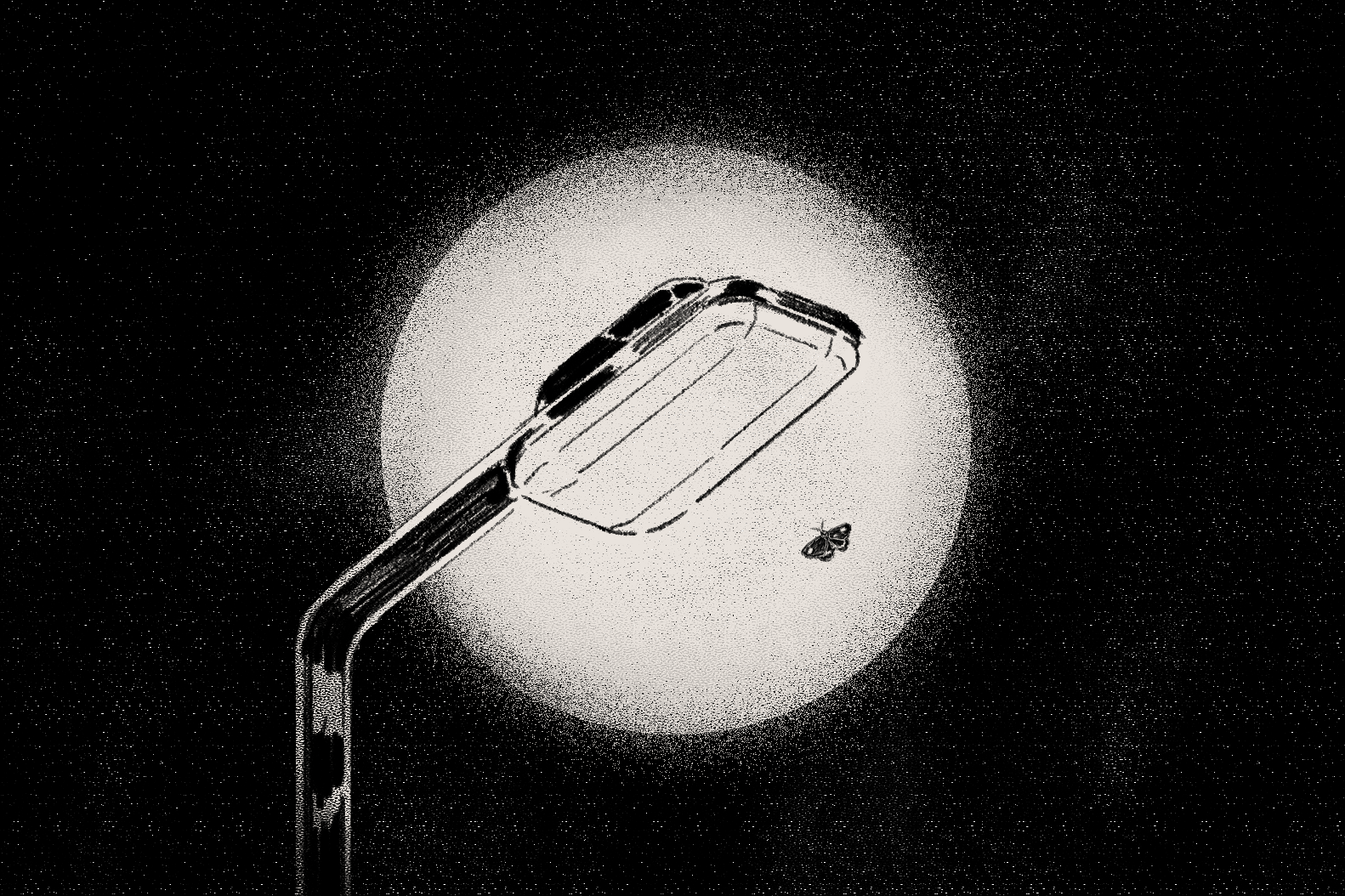Update (February 25, 2021): On the afternoon of February 23, 2021, See Ting went home to be with the Lord. Our hearts hurt and rejoice all at once because she is gone – but also free from the pain and back with the One she loves.
Please keep her family in prayer through this time of grief. To leave a tribute or read Seets’ news articles and stories, visit @abetterting on Instagram or the website created by her friends to remember her life together.
Statistically speaking, it is rare for a 26-year-old to have breast cancer – I was told by my oncologist that the mean age of such a diagnosis is 60.
And it is probably even rarer – though this one is not backed by statistics – to be diagnosed with Stage 3 triple-negative breast cancer just five months after your dad has passed away, on top of an ongoing six-year battle with alopecia.
That would be me.
From the world’s point of view, it sure looks like I got the shorter end of the stick, and frankly, there are days where I find myself in that space of self-pity. I mean, I’m 26 and technically supposed to be in my prime, as the world tells me, yet here I am battling for my life and I seemingly could not be further from living out my fullest potential.
But by the grace of God, I have come to see that every moment has drawn me deeper in love with my Father who withholds no good thing from those who walk uprightly (Psalm 84:11). And in all things God works for the good of those who love Him and have been called according to His purpose (Romans 8:28).
There is something remarkable about coming face-to-face with a life-threatening disease because it forces me to confront everything I know about God and put it to the test.
And I have not been disappointed.
In the borrowed words of Jon Bloom of Desiring God, most of the greatest gifts and deepest joys that God gives us come wrapped in painful packages, and I have been delighted over and over again by God’s faithfulness and the blessings that come with trusting and obeying Him.
I am not writing this because I am out of the valley. In fact, I am currently undergoing my sixth chemotherapy session, and I honestly don’t know where God is going with this chapter of my life.
But even then, right here in the middle of the unfolding, He has already graciously taught me some very powerful lessons that I believe will continue to deepen over time, and I pray that you who are reading this will be able to find courage and comfort in these truths as I have.
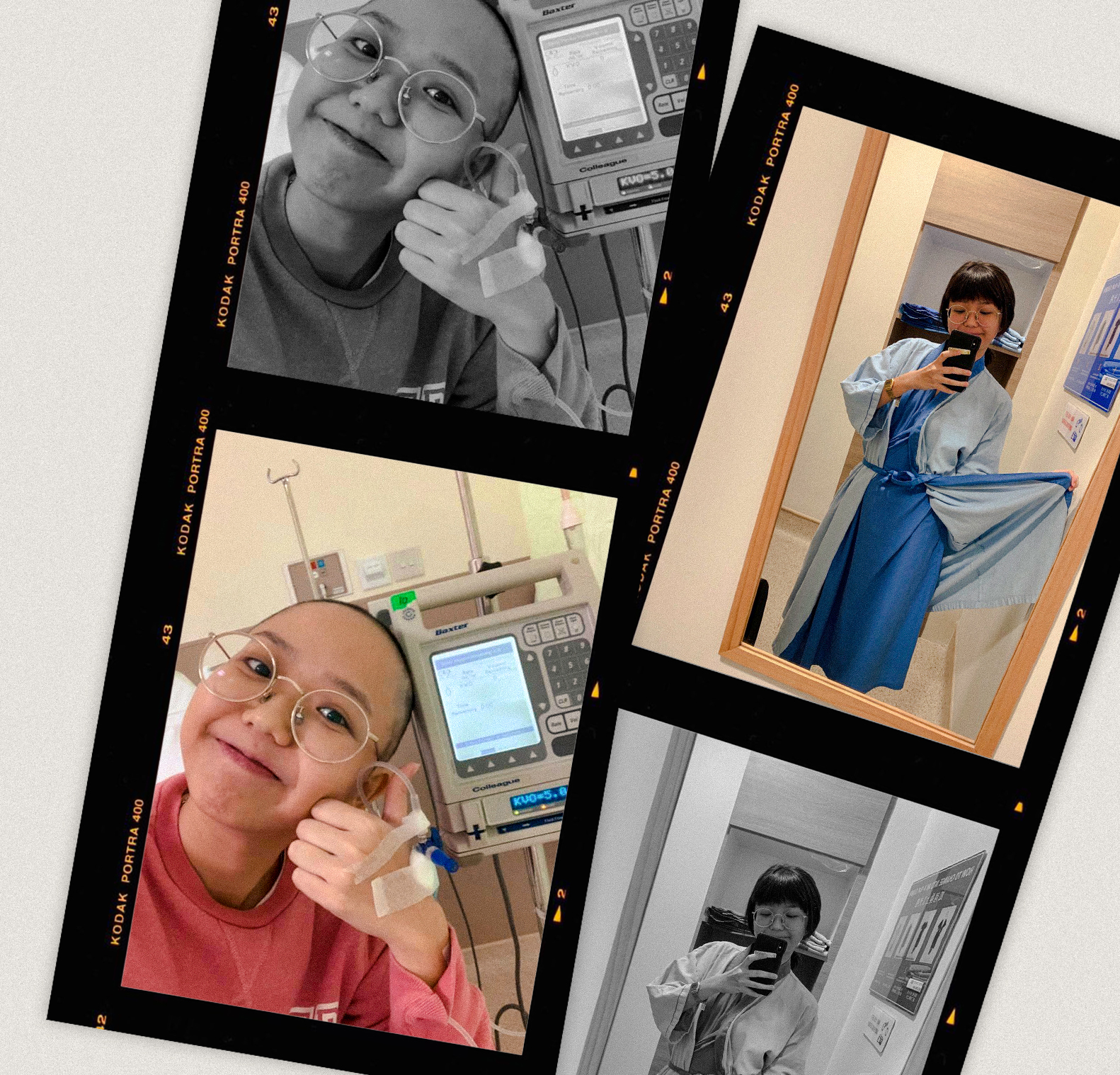
NO LESS GOD WITHIN THE SHADOWS
1. God’s not fair, but He’s just
In a conversation with my boyfriend after the diagnosis was out, he confessed tearily that he questioned how God could be so unfair to me: “I know You want to prune her, but is this really necessary?”
My close friends wrestled with God over this too when they found out about the cancer, which is a variant of the age-old “why do bad things happen to good people”. It is something that I struggled with in the past, but I came to the understanding that asking whether God is fair ends up leading us down a rabbit hole because the truth is this: He isn’t.
Yes, you heard me right. God is not “fair”. At least not in the way we measure “fairness”.
If God was “fair”, He would have given each of us exactly the same lot in life – which is the concept of equality – but He did not. Instead, He subscribes to the concept of equity – justness – and gives us exactly what we need to live out each of our unique callings.
The fundamental goal of the Christian life is to become more like Jesus, and each of us requires very different things to get there. You may need more tender loving care while I do better with a deeper measure of discipline; some may require riches while others are called to give up their fortunes.
Different types of plants require different amounts of sunlight, water and fertiliser to grow, and so do we.
What I am trying to say is, it is foolish for us to judge whether God is good based on our own very myopic understanding of what it takes for each of us to grow in Christlikeness because the truth is that who would know better than the very Creator who created our inmost being and knitted us in our mothers’ wombs (Psalm 139:13)?
Furthermore, to use fairness, an utterly flawed human yardstick, to measure the perfect and flawless character of the Father is simply absurd and ludicrous.
Just like how different types of plants require different amounts of sunlight, water and fertiliser to grow, so do we. And we can trust that our Gardener, who knows us full well, will give us exactly what we need to grow into the beings we were created to be.
2. My complete obedience doesn’t need answers
When we are faced with challenges and uncertainty, one of our most natural responses is to ask why and seek an explanation.
Why, God? Why this? Why me?
It is human instinct to want to make sense of what is going on, and thus many times when people do not get a satisfactory response to their questions, they get angry and bitter at God, with some leaving the faith altogether.
During one of my Quiet Time sessions, I was meditating upon Genesis 22, where the Lord instructed Abraham to sacrifice his son Isaac as a burnt offering. It struck me that Abraham at no point questioned God’s instruction – there were no “whys”, no bargaining or reluctance, which definitely would have shown up for me if I was the one put to the test.
But how? How is it possible that Abraham was able to just do as God instructed without any form of resistance?
This is what I concluded: Abraham had not built his faith upon his circumstances but in the very character of His God. He knew that His God, unchangingly good and wise, would not go back on His word (Numbers 23:19). He had earlier promised to establish His covenant with Abraham by giving him Isaac in his old age, that he would one day be the “father of nations” (Genesis 17:4, 19).
And if God had said it, then He would surely keep His word, even Isaac was to be sacrificed.
“By faith Abraham, when God tested him, offered Isaac as a sacrifice. He who had embraced the promises was about to sacrifice his one and only son, even though God had said to him, ‘It is through Isaac that your offspring will be reckoned.’ Abraham reasoned that God could even raise the dead, and so in a manner of speaking he did receive Isaac back from death.” (Hebrews 11:17-19)
Abraham’s perceptions may have told him something different than God’s promises, but he trusted in His promises over his perceptions because he knew who His God was.
The question is: Do you know who your God is?
If you know who is leading you, you do not need to know the “whys” or where you are going. Because you know it is gonna be good for sure.
You just need to obey.
3. Don’t waste your valley moments
Some years ago, John Piper wrote a piece called Don’t Waste Your Cancer, in which he said:
“Christians are never anywhere by divine accident. There are reasons for why we wind up where we do. Consider what Jesus said about painful, unplanned circumstances: ‘They will lay their hands on you and persecute you, delivering you up to the synagogues and prisons, and you will be brought before kings and governors for my name’s sake. This will be your opportunity to bear witness.’ (Luke 21:12–13)
“So it is with cancer. This will be an opportunity to bear witness. Christ is infinitely worthy. Here is a golden opportunity to show that he is worth more than life. Don’t waste it.”
As Christians, it is our duty and due diligence to glorify and testify of God’s goodness in all things.
“Rejoice in the Lord always,” said the Apostle Paul in Philippians 4:4, “And again I say, rejoice!” And what that means is, even in our valley moments, perhaps especially in our valley moments, we must rejoice – because our God is still good.
Even in our valley moments, perhaps especially in our valley moments, we must rejoice – because our God is still good.
People are rarely impressed when we praise God in our mountain tops because it seems natural to do so, but when we continue to sing and proclaim of His goodness in our valleys, the world sits up and pays attention.
Because in the darkness of a season, what little light that continues shining becomes so obvious.
“We are not to grieve as the world grieves if we truly understand the promise of heaven. Hear me correctly on this: I am not saying do not grieve, I am saying we must grieve in a way that reveals His glory. Everything that happens to you and me is meant to reveal who our Father is, and because of that, you may not grieve as others who do not have hope.” (1 Thessalonians 4:13).
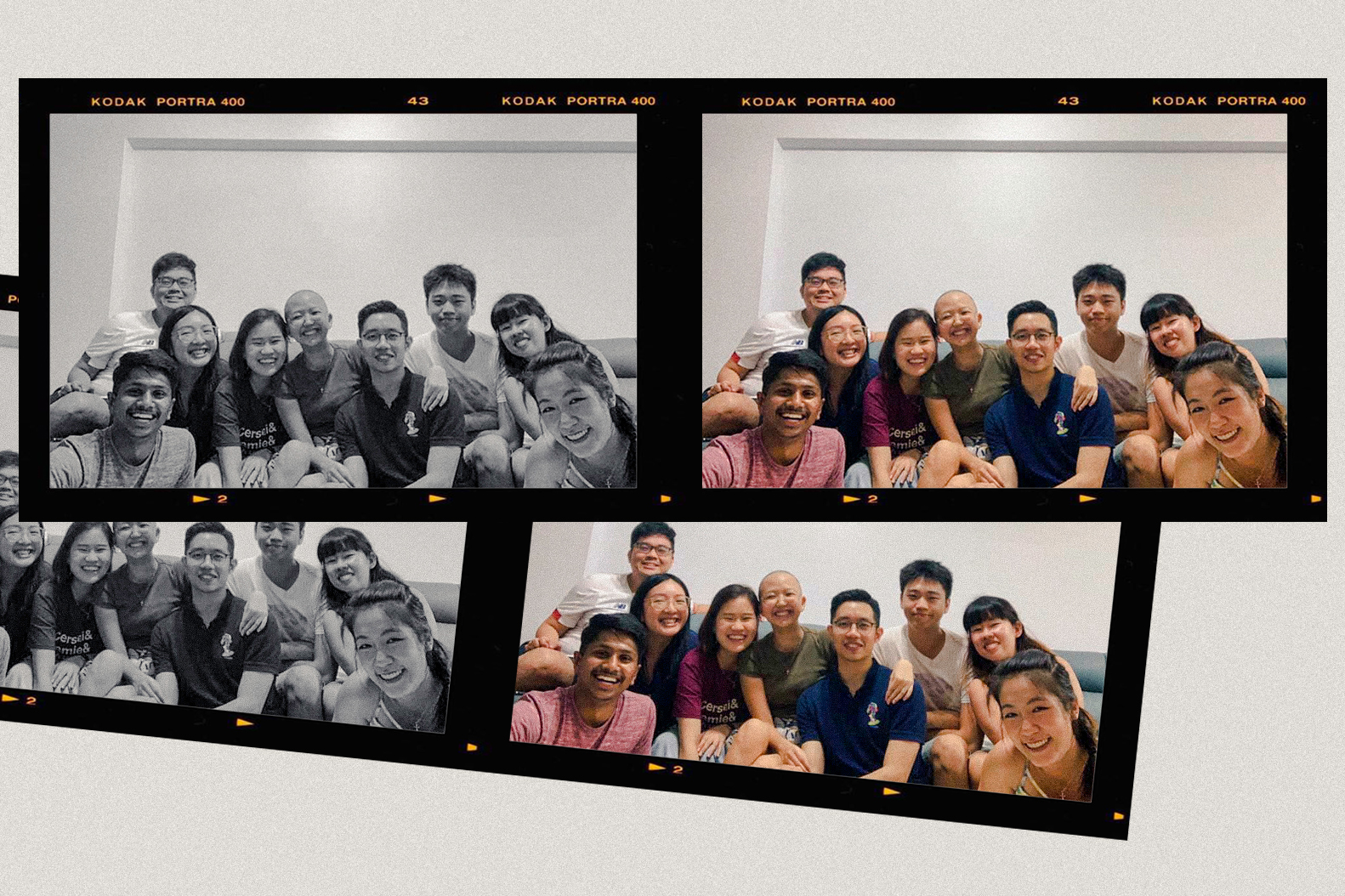
The day I received my diagnosis, my cell group came over to my house that evening, and as I bawled my heart out during worship, the Spirit led them to sing Hillsong’s Highlands over me.
So I’ll praise You on the mountain
And I’ll praise You when the mountain’s in my way
You’re the summit where my feet are
So I’ll praise You in the valleys all the same
As they sang, my spirit stirred, and in between my sobs I could not help but raise my hands as my mouth declared:
No less God within the shadows
No less faithful when the night leads me astray
You’re the heaven where my heart is
In the highlands and the heartache all the same
Whatever I walk through
Wherever I am
Your Name can move mountains
Wherever I stand
And if I ever walk through
The valley of death
I’ll sing through the shadows
My song of ascent
There is something inexplicably powerful about being issued something like a death sentence and to be able, as the body of Christ, to tell death in its face: “Our God is still good”. He was, and is, and forever will be.
My cell leader said this at the end of the night: “This season is not just for you, but also for the people around you.” While I may be the one going through the valley, I recognise that how I walk through it has an impact on others, perhaps more so than I realise.
Likewise, as you walk through your valleys, use those moments well – to glorify God and to serve the people who are journeying with you.
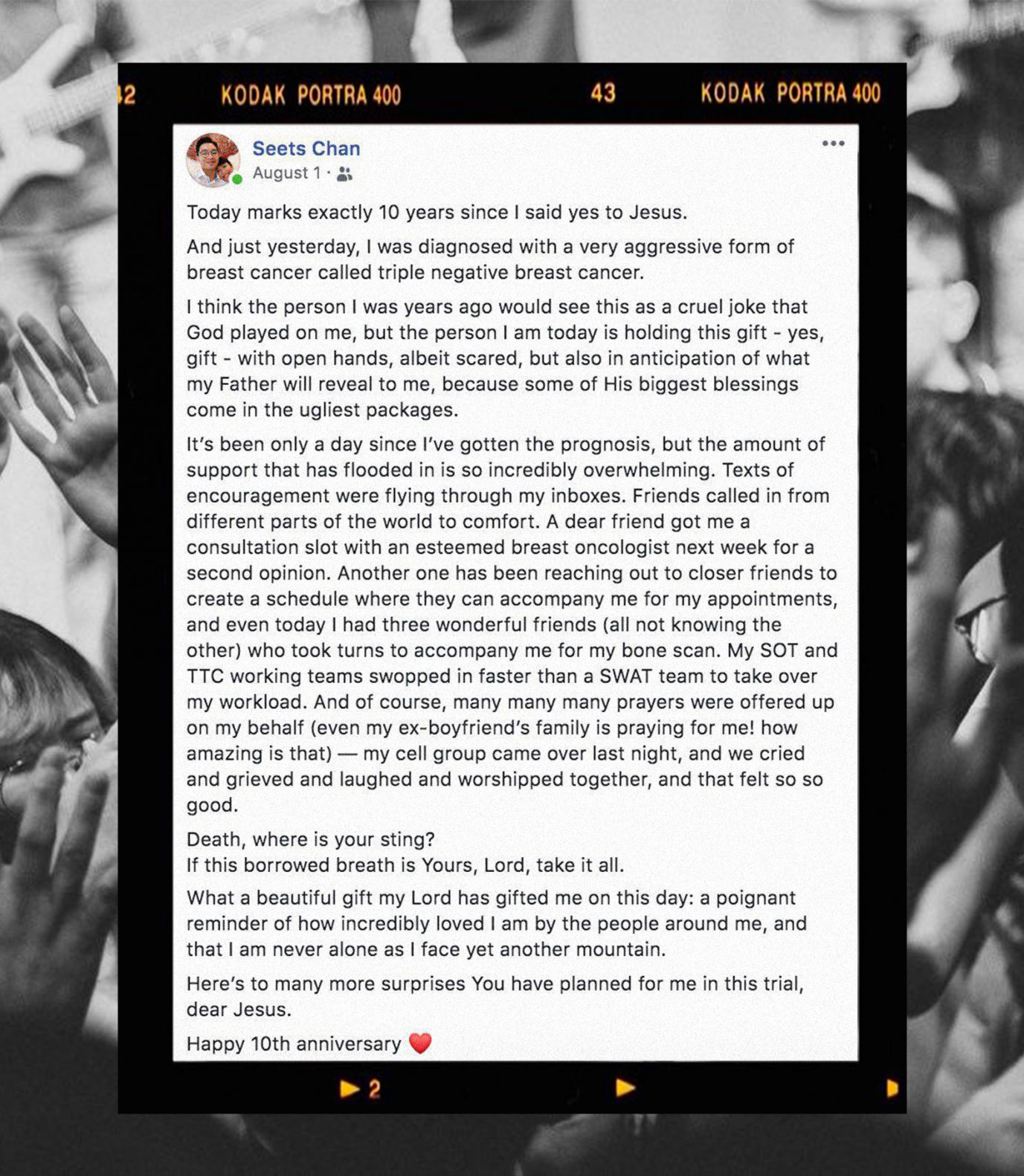
FOR MORE OF SEE TING’S STORIES:
- Are you facing difficult trials in life?
- How have you processed these things against the goodness of God?
- Do you believe that God is unchangingly good, no matter what happens in life?
- How can we build our faith to endure trials and tough seasons?


